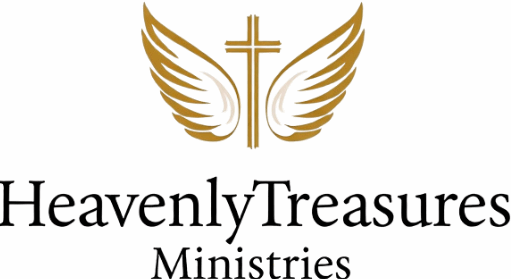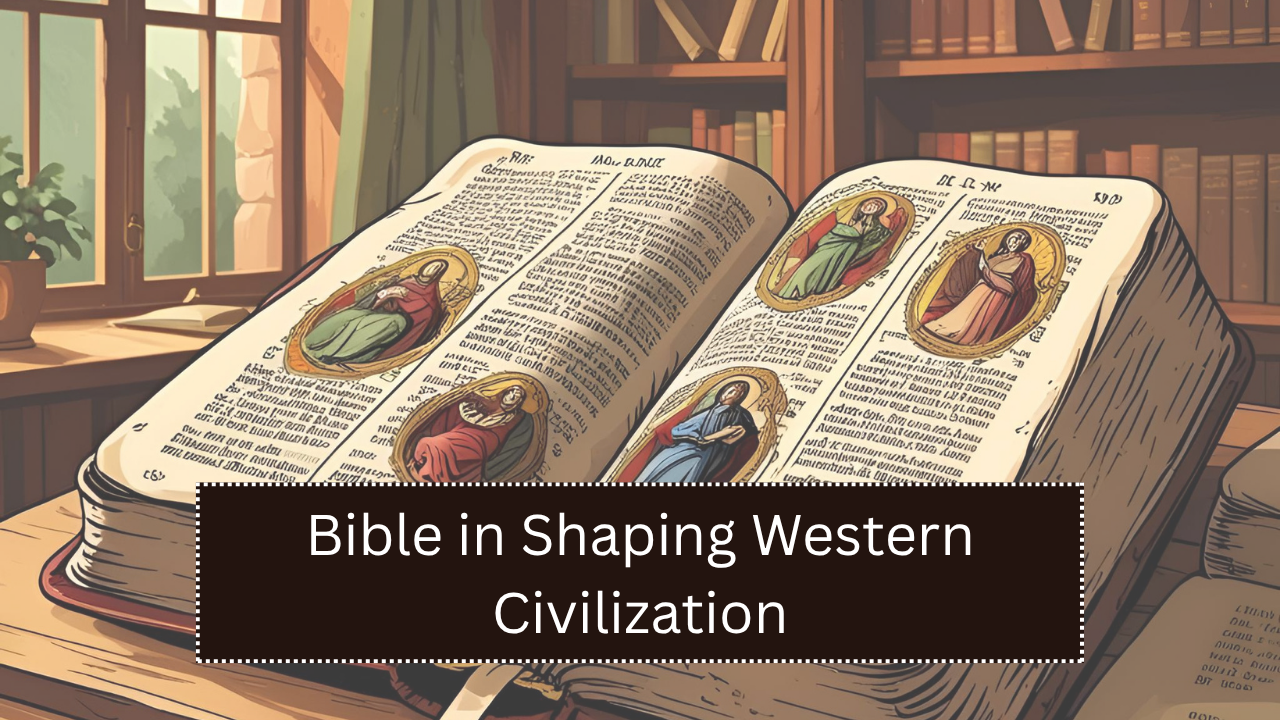The Bible has played a foundational role in the development of Western civilization. From influencing legal systems and cultural norms to inspiring art, education, and political thought, the Bible’s teachings have deeply shaped the Western world for centuries. Its ethical guidelines, narrative structure, and theological principles have provided both a moral compass and a cultural identity across various spheres of life. This article explores the original and far-reaching impact of the Bible across Western history and society.
Impact on Legal and Moral Frameworks
- Moral Foundation of Law
- Many Western legal systems were built on biblical values such as justice, mercy, and truth.
- Concepts like “equality before the law” stem from the biblical idea of all individuals being created in God’s image.
- Ten Commandments as Legal Precedent
- Provided a blueprint for fundamental societal rules (e.g., prohibitions against murder, theft, and perjury).
- Influenced early English common law and colonial American legislation.
- Human Rights and Dignity
- Biblical doctrines supported the inherent value and rights of individuals.
- Movements for the abolition of slavery, child protection laws, and welfare systems drew from Christian moral teachings.
Educational Advancement and Literacy
- Promotion of Literacy
- Reading the Bible was a central reason behind the spread of literacy in medieval Europe.
- Protestant Reformation emphasized personal Bible reading, encouraging mass literacy.
- Foundation of Universities
- Many early Western universities (e.g., Oxford, Cambridge, Harvard) were founded on biblical education principles.
- Biblical languages such as Latin, Hebrew, and Greek were central to early curricula.
- Curriculum Development
- Scripture formed the basis for early grammar, logic, and rhetoric instruction.
- Moral and theological studies were considered essential components of intellectual training.
Influence on Political Thought and Governance
- Democratic Ideals
- Concepts such as the rule of law, accountability, and justice have biblical roots.
- Biblical narratives of servant leadership influenced democratic governance and civil responsibility.
- Social Reform Movements
- Movements like civil rights, suffrage, and the end of feudal systems found justification in biblical teachings.
- Leaders such as Martin Luther King Jr. cited Scripture to support equality and justice.
- Church-State Relations
- Biblical interpretation helped define the balance between religious and secular authority in Western nations.
- Concepts of conscience and freedom of belief helped develop modern ideas of religious liberty.
Cultural and Artistic Expression
- Visual Arts
- Biblical stories inspired iconic works by Michelangelo, Leonardo da Vinci, and Rembrandt.
- Art was used to depict biblical themes for education and devotion in largely illiterate societies.
- Literature and Poetry
- Biblical references are found in the works of Shakespeare, Milton, and T.S. Eliot.
- The Bible’s structure and storytelling techniques influenced Western literary form.
- Music and Hymnody
- Psalms and Scripture-based hymns became foundational to Western musical tradition.
- Composers like Bach and Handel drew heavily from biblical texts.
Scientific and Philosophical Contributions
- Natural Law and Order
- The Bible’s view of a rational Creator encouraged scientific inquiry into a lawful and orderly universe.
- Many early scientists (e.g., Newton, Kepler) were devout Christians who saw their work as uncovering divine order.
- Human Purpose and Ethics
- Biblical teachings on stewardship, morality, and truth informed early philosophical discourse.
- Enlightenment thinkers, even when critical, often worked within a biblical moral framework.
- Sanctity of Life
- Teachings on the sanctity of life guided medical ethics and the development of hospitals and care institutions.
- Christian monasteries were among the first to provide public healthcare in medieval Europe.
Shaping Social Institutions
- Marriage and Family
- Biblical models of marriage influenced Western norms on family structure and moral behavior.
- Legal protections for children and women found early support in Christian doctrine.
- Charity and Welfare
- Early Christian communities were known for their care for the poor, sick, and marginalized.
- Many of today’s social service frameworks trace back to biblical mandates of compassion.
- Community and Responsibility
- The Bible promoted strong community ties and mutual responsibility.
- Ideas of forgiveness, accountability, and restitution influenced civic and judicial systems.
Areas of Biblical Influence in Western Civilization
| Domain | Biblical Influence |
|---|---|
| Law | Ten Commandments, human dignity, justice, oaths |
| Education | Literacy drives, university formation, curriculum based on moral teachings |
| Politics | Democracy, human rights, servant leadership |
| Arts and Culture | Inspired paintings, literature, music, drama |
| Science | Orderly universe, moral framework for inquiry, stewardship ethics |
| Family and Society | Marriage ethics, charity models, protection of vulnerable populations |
Key Historical Figures Influenced by the Bible
| Name | Contribution | Biblical Influence |
|---|---|---|
| William Wilberforce | Led abolition of the slave trade | Inspired by the belief that all are equal before God |
| Martin Luther | Reformation leader | Advocated direct access to the Bible for individuals |
| John Locke | Enlightenment philosopher | Argued for natural rights based on biblical reasoning |
| Florence Nightingale | Founder of modern nursing | Acted from a biblical sense of compassion and duty |
| C.S. Lewis | Author and apologist | Wrote with Christian themes and moral allegories |
Ongoing Relevance in the Modern World
- Ethical Framework
- Modern debates on bioethics, environmentalism, and justice still reference biblical ethics.
- Legal Precedents
- Many constitutions still contain clauses shaped by biblical language and principles.
- Cultural Literacy
- Knowledge of biblical texts remains essential to understanding Western literature, art, and political speeches.
Moving Forward
The Bible continues to leave a profound imprint on Western civilization. Its influence spans law, politics, education, and the arts, anchoring the West’s historical identity and moral compass. Even in secular contexts, biblical ideas remain embedded in the cultural and institutional structures of the Western world. Recognizing this foundational role enables a deeper appreciation of the values and systems that continue to shape modern society.

